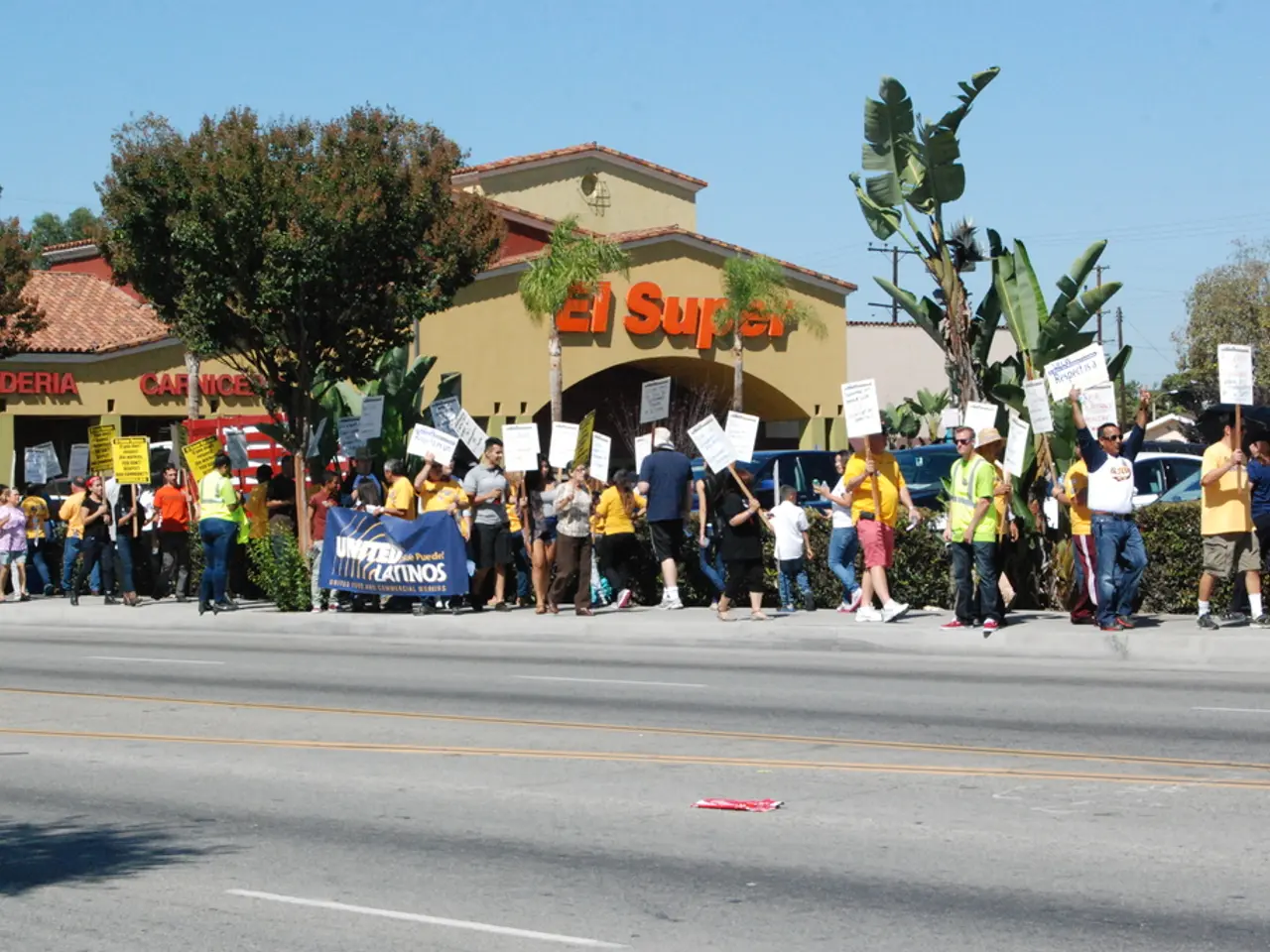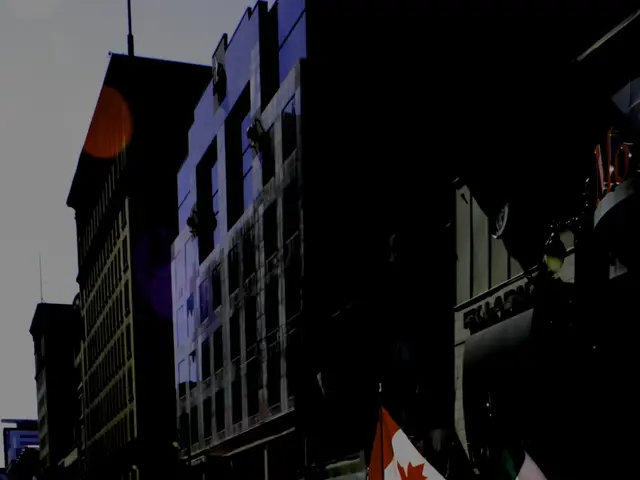Cameroon Presidential Election 2025: The Contenders After Elecam Rejects Maurice Kamto's Candidacy
In the heart of Central Africa, Cameroon is preparing for a significant political event. On October 12, the country will hold its presidential election, marking a new chapter in its political landscape. This election will see several prominent figures challenging the incumbent president, Paul Biya, who has been in power since 1982.
Born on February 13, 1933, in Mvomeka'a, South region of Cameroon, Paul Biya has been the country's president for 43 years. He started his political career under the government of former President Ahmadou Ahidjo, serving as Prime Minister from 1975 and later as Director of the Civil Cabinet and Secretary-General of the Presidency of the Republic.
Among the challengers is Cabral Libii, born on March 29, 1980, in Ekoamaen, Central Region, Cameroon. Libii is running under the Cameroon Party for National Reconciliation (PCRN). He launched a campaign called "11 Million Registered Voters," aiming to mobilise the electorate. In 2017, Libii declared his candidacy to run for the 2018 Cameroonian presidential election, but he later joined the PCRN and was appointed as head of the party in 2019.
Libii has consistently rejected the Cameroonian Electoral Code, which allows Biya to run again for president. After the 2018 presidential election, where he received 6.28% of the votes, placing him in the third position, there was a dispute between Libii and the president of the "Univers" party, leading to his departure from the party.
Another contender is Joshua Osih, born on December 9, 1968, in the South West region of Cameroon. Osih is running for the Social Democratic Front (SDF) in the upcoming election. Osih joined the SDF in March 1991 in Douala and has since held various positions within the party, including being elected as the 1st Vice Chairman in 2012 and 2018. In 2002, he was elected as the regional chairman of the Social Democratic Front for the South West region.
Critics argue that plans have been made to exclude Maurice Kamto, who came second in the 2018 presidential polls, from challenging Biya in this year's election. Kamto, however, is not the only candidate vying for the opposition. Akere Tabeng Muna, a lawyer by training, is also in the race. Muna served on the independent High-Level Audit Panel of the African Union and is a member of the Governing Board of the Africa Governance Institute. He served as President of the Cameroon Bar Association and the Pan African Lawyers Union.
Muna ran for President in the 2018 elections and later formed a coalition with another candidate, withdrawing his candidacy in their favour. In 2020, he was elected as a Member of Parliament, along with four other party members. He also serves on the High-Level Panel on Illicit Financial Flows from Africa and the Panel of Eminent Persons overseeing the African Peer Review Mechanism.
As Cameroonians prepare to cast their votes, the election promises to be a significant event in the country's political history. The outcome could mark a shift in the political landscape, potentially ending Biya's 43-year rule. The election day will be a testament to the democratic resilience of the Cameroonian people and their desire for change.
Read also:
- Impact of Alcohol on the Human Body: Nine Aspects of Health Alteration Due to Alcohol Consumption
- Understanding the Concept of Obesity
- Lu Shiow-yen's Challenging Position as Chair of the Chinese Nationalist Party (KMT) Under Scrutiny in Donovan's Analysis
- Tough choices on August 13, 2025 for those born under Aquarius? Consider the advantages and disadvantages to gain guidance








